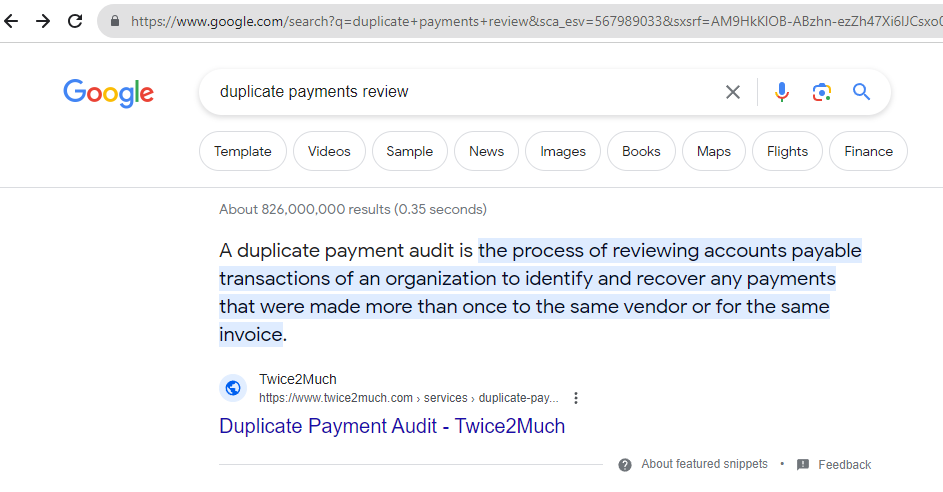Exploring AI for Automated Contract Review: Can GPT Enhance Your Claim Process?
Hello, fellow readers! In today’s fast-paced digital world, navigating complex terms and conditions can be a daunting task. Have you ever wished for an AI-powered tool that could review your contracts, anticipate potential claim outcomes, and guide you through the intricacies of agreements? Let’s delve into the possibility of such an innovation and whether it could enhance our understanding of contractual obligations.
Imagine a scenario where you could input the terms and conditions of a Visa chargeback into an AI system. From there, you could pose hypothetical questions such as, “I experienced this situation and tried to resolve it with the merchant, but received no assistance. I’m now seeking a full refund.” The AI would then analyze the details, referencing specific clauses within the contract, and provide you with a likelihood of your claim being approved or denied.
Does such a tool exist? Currently, AI technologies, like GPT, are advancing rapidly, but tools specifically designed for nuanced contract analysis and predictive claim assessment are still in development. However, the concept promises a future where AI could significantly simplify our understanding of lengthy and often perplexing legal documents.
Recently, I faced a disappointing chargeback experience with Visa. It would have been incredibly helpful if I had been informed upfront about the potential denial of my claim, along with the reasons why it might not succeed. Unfortunately, that guidance was not provided, leaving it up to us to navigate these waters independently.
As we look to the future, the integration of AI in contract review could offer significant advantages. Until then, staying informed and proactive remains our best strategy. What are your thoughts on the potential for AI in transforming contract management? Share your views in the comments below!


Leave a Reply